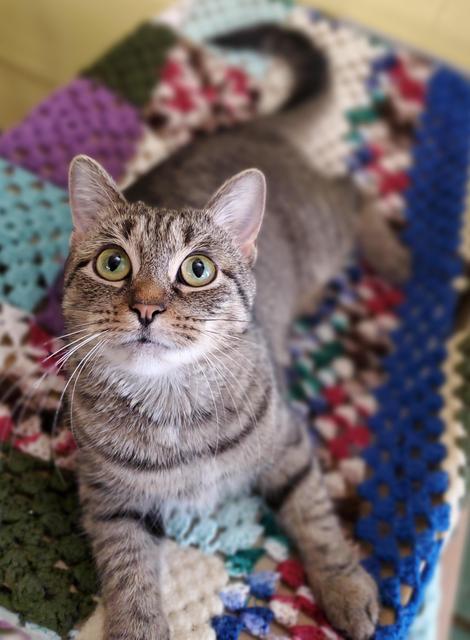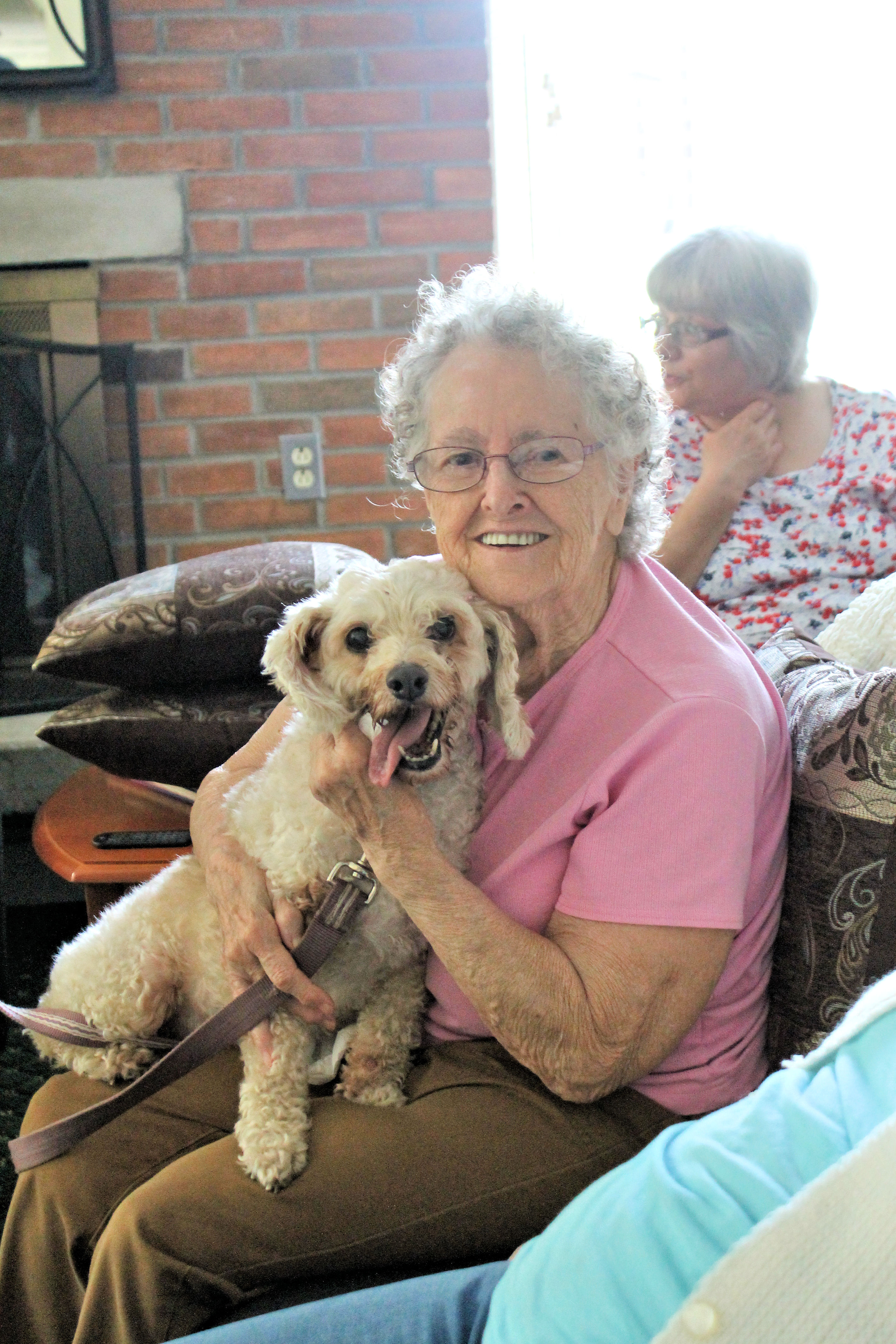

All applicants who successfully complete training are Level 1, and work first in the Adoption Wards. Level 2: Kitten Nursery (Cat Volunteers only)Īdditional training is required to qualify for each room.Level 1: Adoption Rooms and Offsite Events.There are three kinds of companion programs you can train for and are assigned to:įor Dog and Cat Volunteers, there are several levels according to which areas you can work in. Volunteer Opportunities By ProgramĪCC currently has three volunteer programs within the organization:Ĭompanion volunteers interact with our animals at the care center or at offsite events. Volunteers are asked to make a commitment to our program of at least six months, with a minimum of six hours in each month. Secondarily, they help maintain kennels, take photographs, write bios, assist in adoption counseling, attend off-site events, provide administrative assistance and join outreach programs, all with the end-objective of helping to get our animals adopted, or of preventing animals from ending up at the shelters.

Primarily, they interact with our shelter pets to provide them with exercise, attention, comfort and socialization to reduce stress, improve their health, strengthen trust with humans, and increase their adoptability factor.Our volunteers work in several areas of our operations. If you are currently a volunteer, click here to sign-in to VICNET.
Stray haven update#
If you are interested in volunteering, please provide your email so we can update you with our next orientations!

Volunteers are a vital part of our organization, and play a huge role in caring for the animals in the shelters.
People Think These Pets Are Inherently Unhealthy, But That is a Myth – Dr.Thank you for your interest in the Volunteer Program of Animal Care Centers of NYC. As It Turns Out, FIV Positive and Negative Cats Can Happily Live Together. Finally - Vet Study OKs FIV+ and FIV- Cats Living Together. Why This Vet Thinks FIV-Positive Cats Make Great Adoptees. Five Reasons to Consider Adopting an FIV Cat. Please consider opening up your heart and home to an FIV+ cat! You can find our adoptable FIV+ cats HERE. If they should become ill, they are generally treated earlier, longer, and more aggressively than non-immunocompromised cats (meaning they need to see the vet at the very first sign of illness and may be on a stronger medication or on medication for a longer period of time). They have the same needs as any other cat: high quality nutrition, a clean, stress-free, strictly indoor environment, regular veterinary visits (two times per year), and lots of love. This doesn’t mean they will never become ill they are, after all immunocompromised, so illnesses can be easier to catch and harder to fight off. Kittens with an FIV+ mother may test positive for up to 6 months, however, due to the presence of maternal antibodies, which dissipate over time).įIV+ cats can live as long and healthy a life as non-infected cats. (It was previously thought that FIV+ pregnant queens could pass the virus to their kittens, but this has since been disproved according to one study. If a cat has been spayed or neutered, they are unlikely to fight in this manner, and if the population is stable (no serious fighting), FIV+ cats can live with non-infected cats. It is most commonly spread through deep, vicious bite wounds typically inflicted by intact toms fighting on the streets over food, females, or territory. FIV is not spread through casual contact such as shared food/water/litter, mutual grooming, or playing. When a cat tests positive for FIV, it means they either carry the virus or have been vaccinated for it at some point (which causes them to test positive for the disease, which is why this vaccination isn’t recommended, among other reasons). Many people think that it’s easily spread, makes cats very sick, and that they have a lower life expectancy, so they are not often adopted. FIV (feline immunodeficiency virus) is a widely misunderstood condition.







 0 kommentar(er)
0 kommentar(er)
